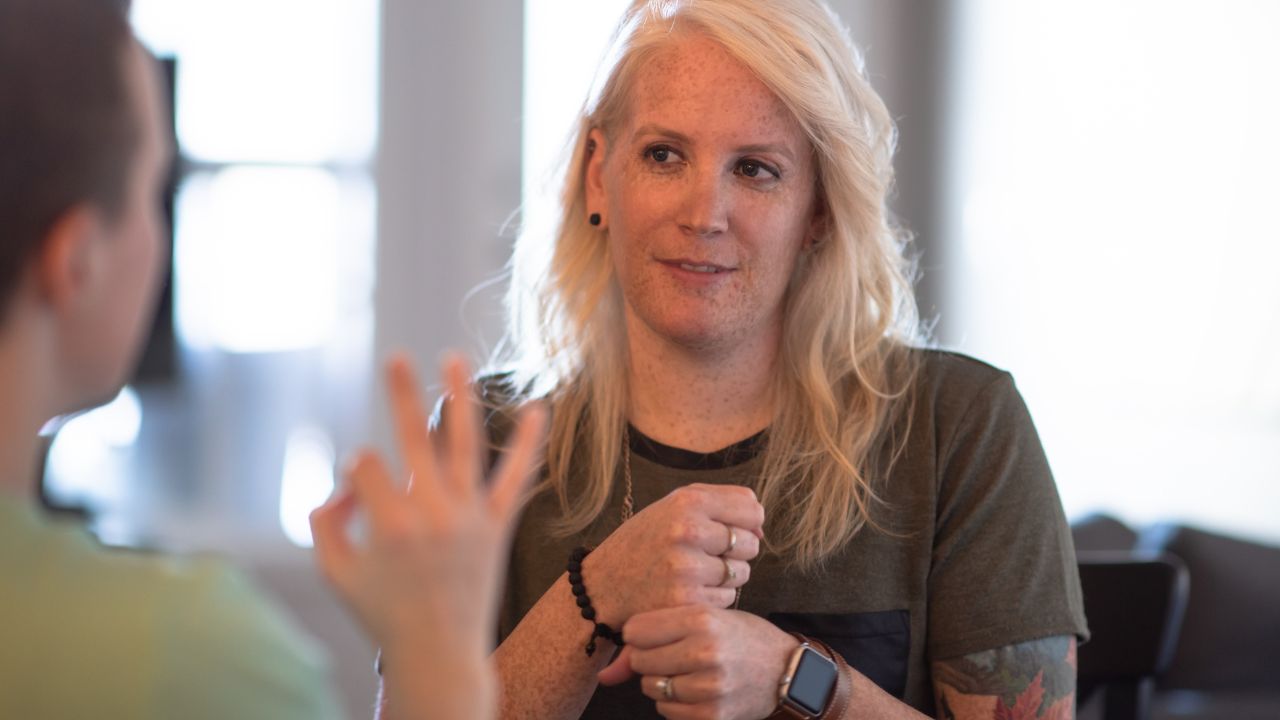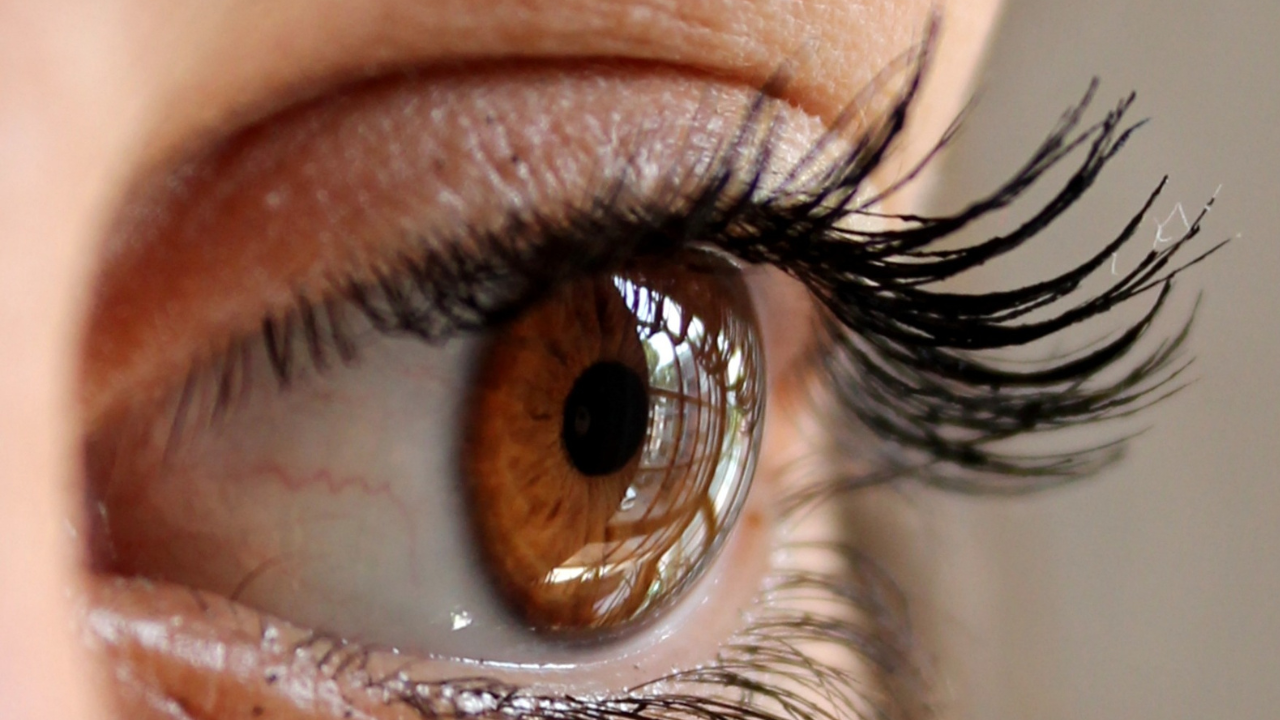Not all relationship ruptures stem from major betrayals but instead are a culmination of micro-traumas. Often, it’s the accumulation of small, repeated moments of hurt—such as dismissive comments, emotional withdrawal, or feeling unheard—that gradually erode trust. These micro-traumas may seem insignificant individually but can create deep emotional distance over time.
The encouraging news is that these wounds don’t have to define your relationship. With the right therapeutic approaches, couples can heal past hurts, rebuild trust, and establish a foundation of emotional safety.
What Are Micro-Traumas?
Micro-traumas are subtle yet recurring emotional wounds that accumulate over time. Unlike major crises like infidelity, these nuanced moments often go unspoken but significantly impact how partners perceive and relate to each other.
Common Examples
1. Interrupting or Dismissing Concerns
When a partner interrupts or dismisses concerns, it can lead to feelings of being unheard and disrespected. Examples of micro-traumas include:
-
Cutting you off mid-sentence with remarks like, “Yeah, yeah, I get it.”
-
Minimising your feelings by saying, “You’re overreacting.”
-
Deflecting serious conversations with humour or changing the subject.
-
Gaslighting your concerns by denying events or emotions.
-
Ignoring or walking away during important discussions.
2. Subtle Put-Downs
Micro-traumas can show up as subtle put-downs often manifest as jokes, backhanded compliments, or minor criticisms that undermine self-esteem:
-
Backhanded compliments like, “You’re actually smart for someone who didn’t go to college.”
-
Jokes at your expense, e.g., “That was adorable—your attempt at cooking.”
-
Comparisons to others, such as, “Why can’t you be more like [someone else]?”
-
Undermining achievements with comments like, “Must be nice to get lucky like that.”
3. Lack of Appreciation
Micro-traumas can also be a experienced as a lack of appreciation can make a partner feel invisible or unimportant:
-
Not acknowledging efforts, e.g., failing to say “thank you” for daily tasks.
-
Taking you for granted by assuming you’ll handle responsibilities without recognition.
-
Dismissing your hard work or achievements with remarks like, “Anyone could have done that.”
-
Rarely complimenting or recognising your contributions.
These behaviours, though seemingly minor, can accumulate and lead to resentment, insecurity, and emotional disconnection.
Healing Adverse Events with EMDR and the Gottman Method
Clinical research indicates that Eye Movement Desensitization and Reprocessing (EMDR) therapy can create lasting change by reducing emotional distress and helping couples rewire painful relational patterns. EMDR focuses on processing unresolved trauma, allowing individuals to heal from past experiences that negatively impact current relationships.
Additionally, the Gottman Method offers psycho-educational strategies to change negative communication patterns. This approach helps couples build stronger connections by enhancing emotional intimacy and understanding.
By integrating EMDR therapy and the Gottman Method, couples can address micro-traumas effectively, fostering a healthier and more resilient relationship.





